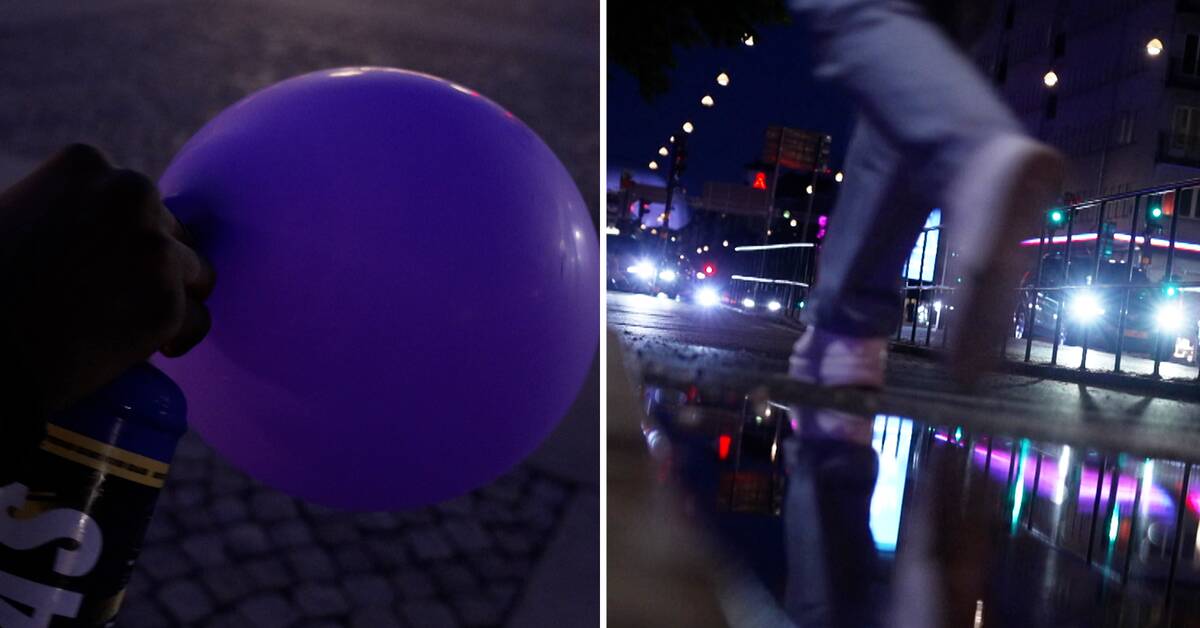In English, nitrous oxide is called laughing gas, which gives a good picture of the effect that those who take nitrous oxide for intoxication are looking for.
For a few seconds, you experience a lust-filled intoxication and sometimes a distorted perception of reality.
The gas is legal but can be harmful if misused.
Nitrous oxide is completely safe when used on occasion in healthcare.
It is the repeated use, typically when the gas is used for intoxication purposes, that is dangerous, says Erik Lindeman, chief physician at the Poison Information Center, GIC.
The record from last year has already been broken
Anyone can call the Poison Information Center for guidance and help.
Talks about nitrous oxide have long been unusual, during the 2010s there were an average of 14 calls per year, but last year the trend reversed.
At that time, 140 calls were about nitrous oxide and this year that record has already been broken.
On July 11, 167 calls had been registered.
- In absolute numbers, it is not so much, but I still think it is very worrying.
In many of these cases, it is about people who have had life-changing complications, says Erik Lindeman.
Nitrous oxide can lead to nerve damage
It is when nitrous oxide is used frequently - several times a week and for a long time that it can lead to long-term complications.
Then the body's reserves of vitamin B12 can be worn down, which can lead to nerve damage or blood clots.
According to Erik Lindeman, there are examples of young people who have become wheelchair bound, developed psychosis or suffered a stroke.
- We do not know how the injuries are, but there are reports that they can be very long-lasting, he says.
As a result of the increased use, the government now wants to appoint an inquiry into the use of nitrous oxide to see how best to protect children and young people.

